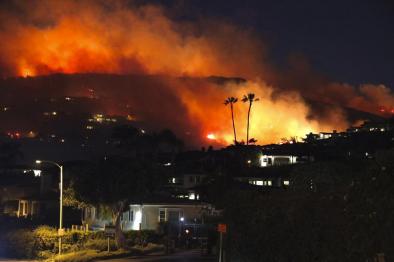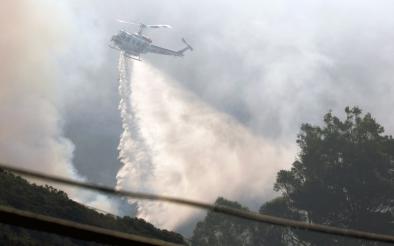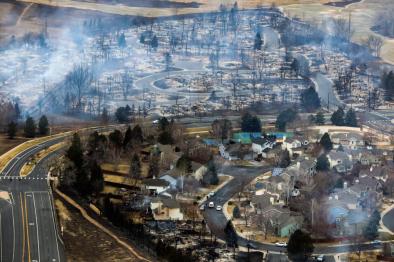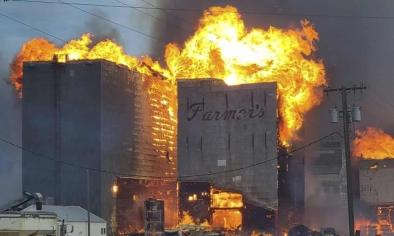Spring's early arrival is a troubling indicator of climate change
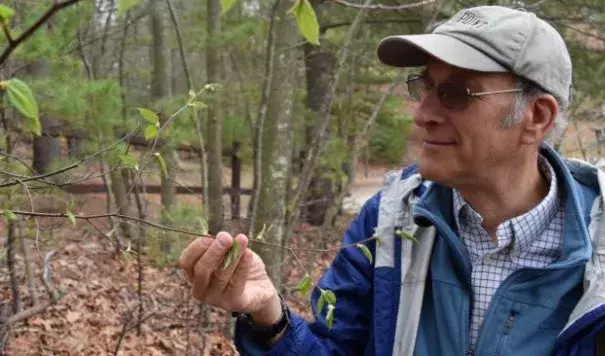
Next to Walden Pond in Concord recently, Boston University professor Richard Primack spotted a small sapling.
“There’s actually a plant I never noticed here before," he said. "Maybe it could be new. This is a bigtooth aspen.”
As he got a closer look at the new leaves on the small tree, a crowd of students from Westborough High School walked towards him.
...
Primack explained to the students that about 17 years ago, he was trying to figure out a good way to measure the effects of climate change in the region.
“And as I started looking, I heard about these records that Henry David Thoreau had made in the 1850s — from 1851 to 1858 — about when plants were flowering in Concord when birds were arriving in the spring and when trees and shrubs were leafing out,” he said.
...
“The trees, shrubs and vines like poison ivy and grape are leafing out two weeks earlier on average than in Thoreau’s time,” Primack said.
Leafing time is closely tied to temperature. And the mean spring temperature in the Concord area has jumped from about 42 degrees in Thoreau’s time to nearly 48 degrees today.
...
Maybe Thoreau did the same kind of thing, but about a quarter of the species he saw in Concord are no longer here — and another third have significantly declined.
Related Content
